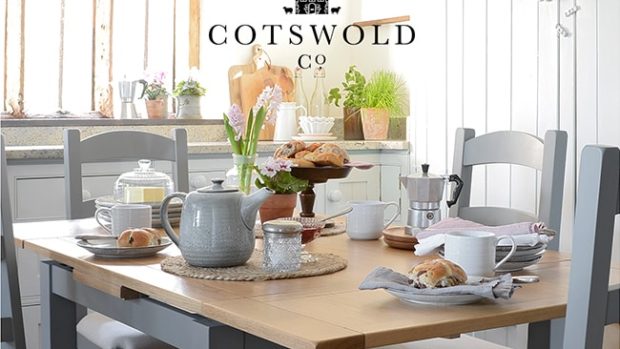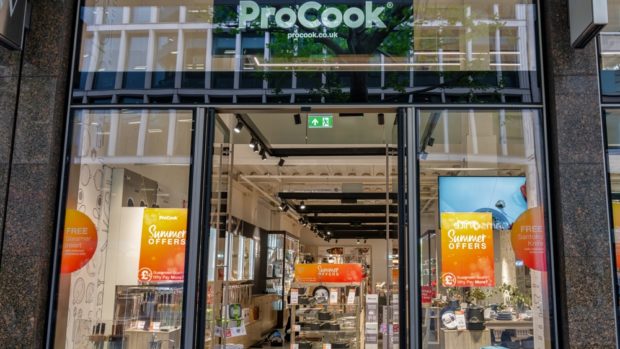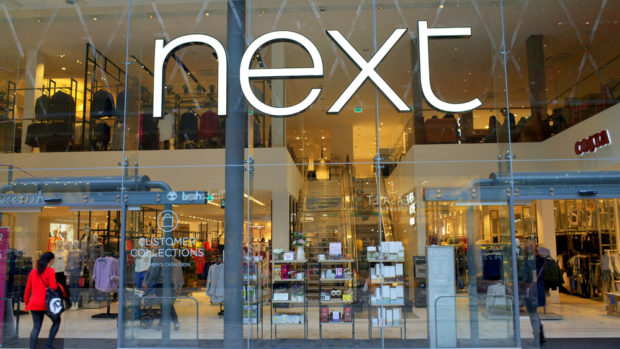More than half (54 per cent) of UK shoppers would change from a favoured brand or retailer to a competitor, if the overall digital experience did not meet their expectations, according to new research from content services firm Nuxeo out today.
Important elements of an exceptional customer experience were identified as good value and reliable delivery services, but also immediate access to relevant and useful content relating to a product. 58 per cent of respondents said that if a retailer had poor product information on its website, they would buy that product elsewhere, while 50 per cent would do so if a retailer had poor product imagery on its website.
“Retail was competitive and challenging before the pandemic and with so many of us only shopping online now, it’s even more vital for those in the sector to do everything they can to ensure consumers have the best digital experience possible,” said Chris McLaughlin, chief product and marketing officer, Nuxeo. “No one knows exactly when the high street will return to normal, or what that normal will be, so retailer focus must be on digital. This means providing customers not only with the relevant content and information relating to products, but also the personalised content that makes them feel more valued. A failure to do so will simply see those customers go elsewhere.”
A lack of product information was cited as one of the biggest problems for British shoppers. 21 per cent of respondents said this was the biggest challenge they faced when shopping. This is set to become even more of a challenge over time, as in the 16-24 age group, a lack of product information was seen as the single biggest challenge, with 25 per cent of respondents saying that.
Content has been an important part of the customer experience for many years now and the research suggests that the role of content will only become greater. 41 per cent of UK shoppers said they engaged at least once a week with a brand or retailer’s mobile app; 42 per cent via a retailer’s website and 28 per cent via a brand’s web site.
Social media continues to play a significant part in the retail experience. 24 per cent of all respondents said they engage with a favoured brand’s content via Facebook every day, with 15 per cent doing so via Instagram and 10 per cent via Twitter. Just 5 per cent of consumers overall engage with retailers and brands via TikTok every day, but in the youngest age category, this rises to 14 per cent.
The nature and quality of this engagement can build and develop relationships with customers. 29 per cent of consumers said personalised content from a retailer makes them feel more valued and 28 per cent said it made them more likely to buy again. 22 per cent said they would be more likely to recommend that retailer as a result. More than four in 10 (42 per cent) of UK shoppers say they have recommended a retailer because of the quality of the content they share, rising to almost six in 10 of 16-to-24 year-olds.
“Digital strategy and experience is important at the best of times, but take on a new importance during times of crisis,” said Chris McLaughlin, Nuxeo. “It’s tough, but not an impossible task by any means. With careful content management, firms can deliver a first-class digital customer experience, offer the personalised and valuable content and the detailed product information that will improve consumer loyalty.”
Other key findings from the research include:
- 45 per cent of respondents said that images are really important to them when shopping online
- Almost one-quarter (24 per cent) said that poor quality images would stop them buying.
- 28 per cent said that they like to have access to 360-degree images when buying products online.
- 27 per cent of respondents either often (21 per cent) or always (6 per cent) use product videos from a brand to aid their buying decision, rising to 39 per cent of 16-24 years olds.








Share